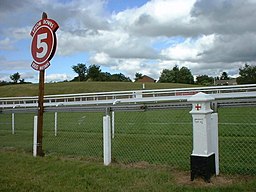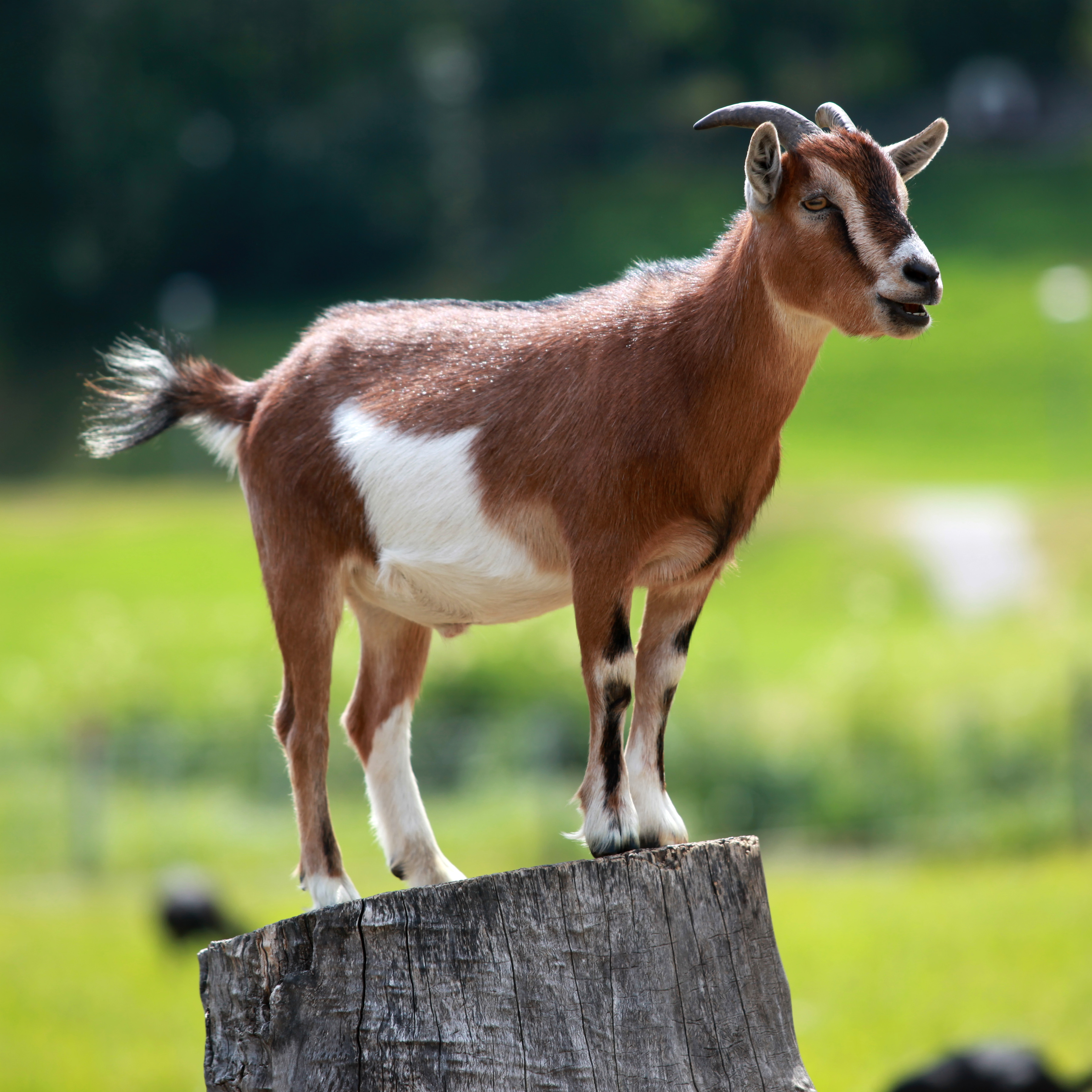(image borrowed from Simple Wikipedia)
A "furlong" is an ancient British unit of measurement that meant the length of a furrow. Basically, it means the distance a horse can pull a plow without needing a rest break. It calculated at 220 yards. When the mile was introduced to Britain it changed the length to accommodate eight furlongs. They did this because properties were measured in furlongs.
(image borrowed from All About Birds)
When hunting pigeons, one would tie a single pigeon to a stool and wait for a flock to be drawn to its cries. As they would approach, the hunter would strike. This practiced continue until the bird became totally extinct. The pigeon that was forced to be the traitor was called a "stool pigeon" and thus the name for a betrayer of a group is formed.
That's interesting. But terribly sad about the pigeons!
(image borrowed from Billboard)
When cockfights were still common, some of the birds were fitted with steel spurs to give them an advantage, they were considered "well heeled." In the 19th century, the expression became slang for someone who was armed with a weapon. Then in 1880 it evolved to mean anyone who was financially well-off and could overcome obstacles with cash instead of weaponry.
That's just a bizarre transformation over the years!
(image borrowed from Wikipedia)
An innocent person who gets blamed for others' actions is called a "scapegoat." This name came about when William Tyndale's translation of the Hebrew Bible in 1525 said that in the Law of Moses, the Yom Kippur ritual of atonement had two goats in which one is sacrificed to the Lord. The other one was to receive all the sins of the people at the ceremony and then the goat was sent off into the woods, taking all the sins of the Israelites with it.
(image borrowed All About Birds)
We say that worthless things are "for the birds" and this is a saying that came about in the days before cars. Horses were the main mode of transportation and with horses come droppings. Since horses were fed oats, among other things, there were half-digested oats in these droppings. That ended up attracting birds who would eat them. People in that time coined the expression "for the birds" meaning anything that has the same value as horse droppings.
Gross.








Poor pigeons! These always crack me up!
ReplyDeleteThese are always so interesting (and weird!).
ReplyDeleteNicole @ Feed Your Fiction Addiction